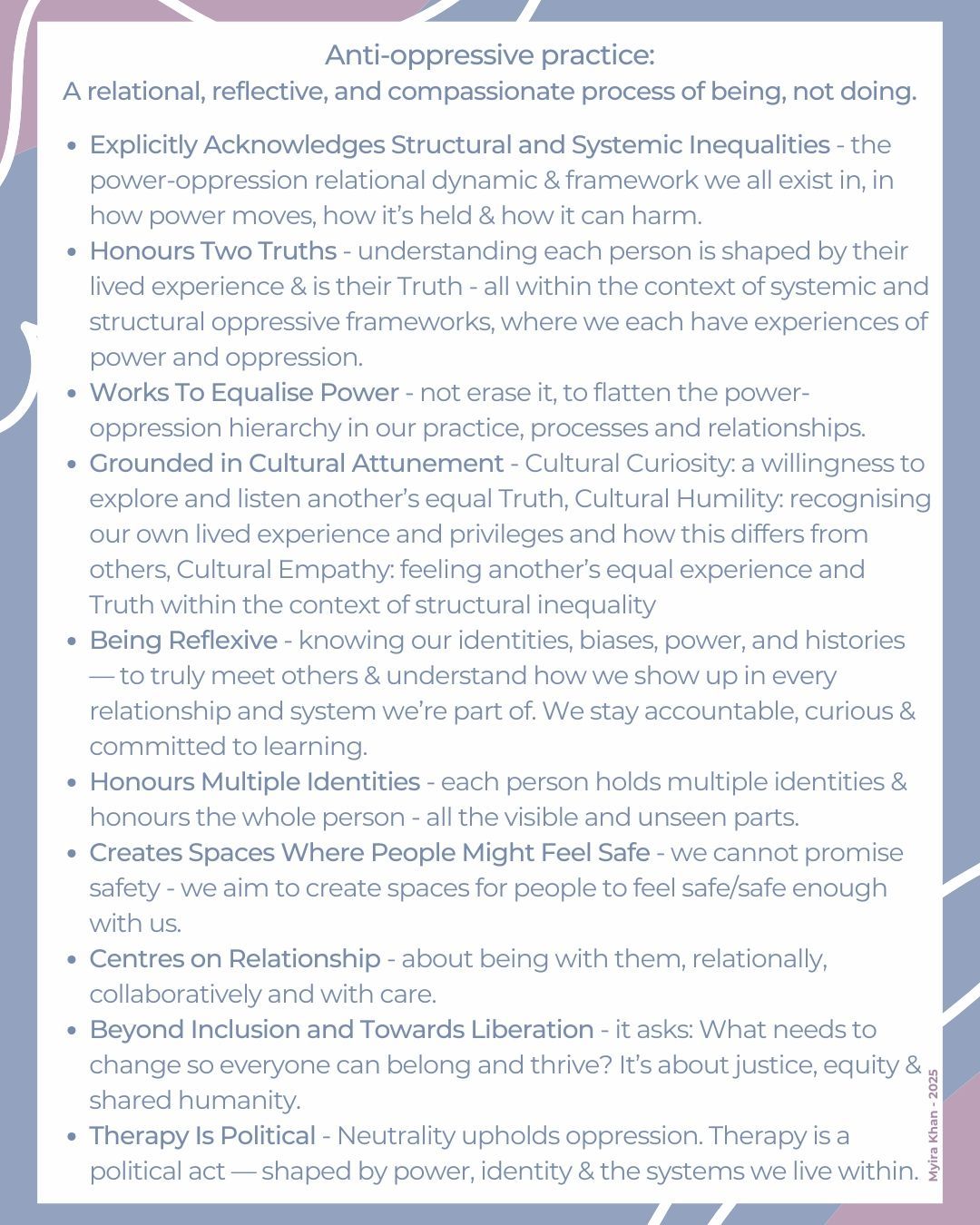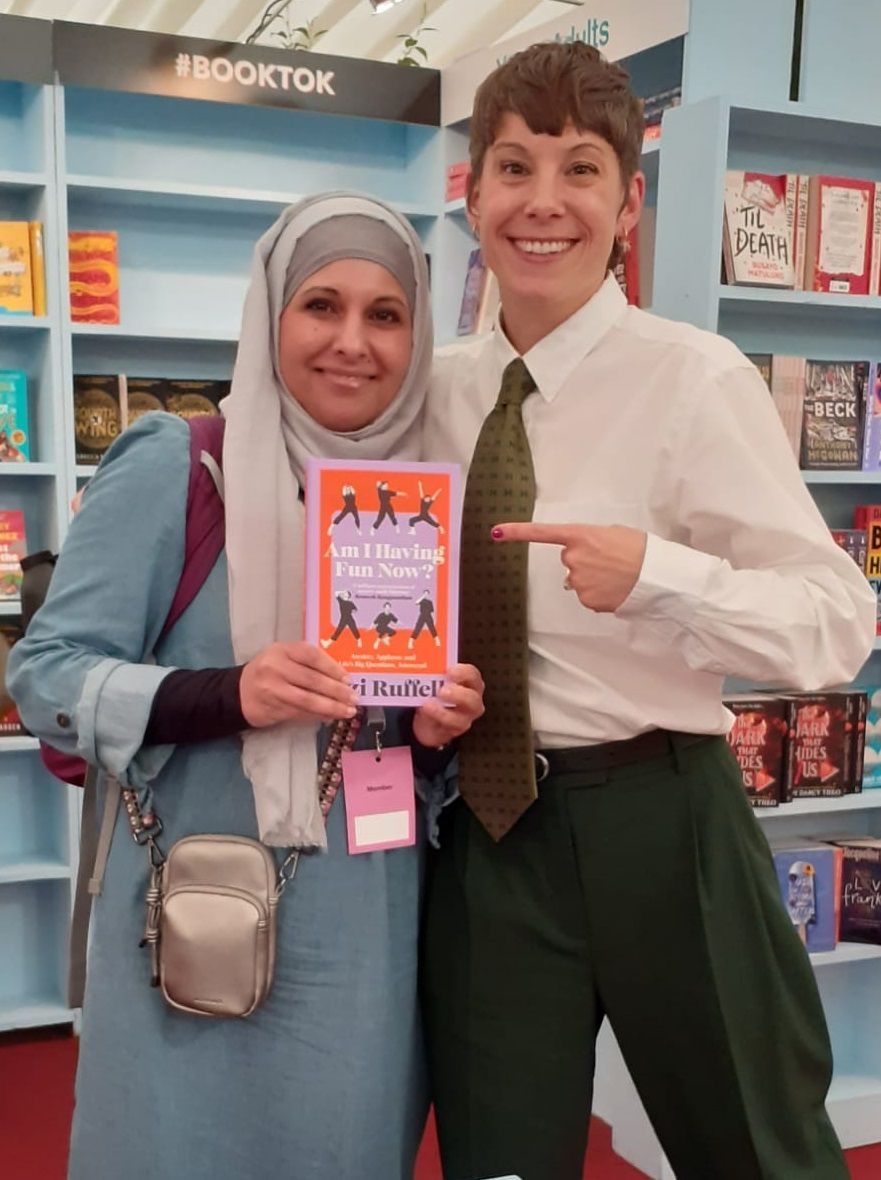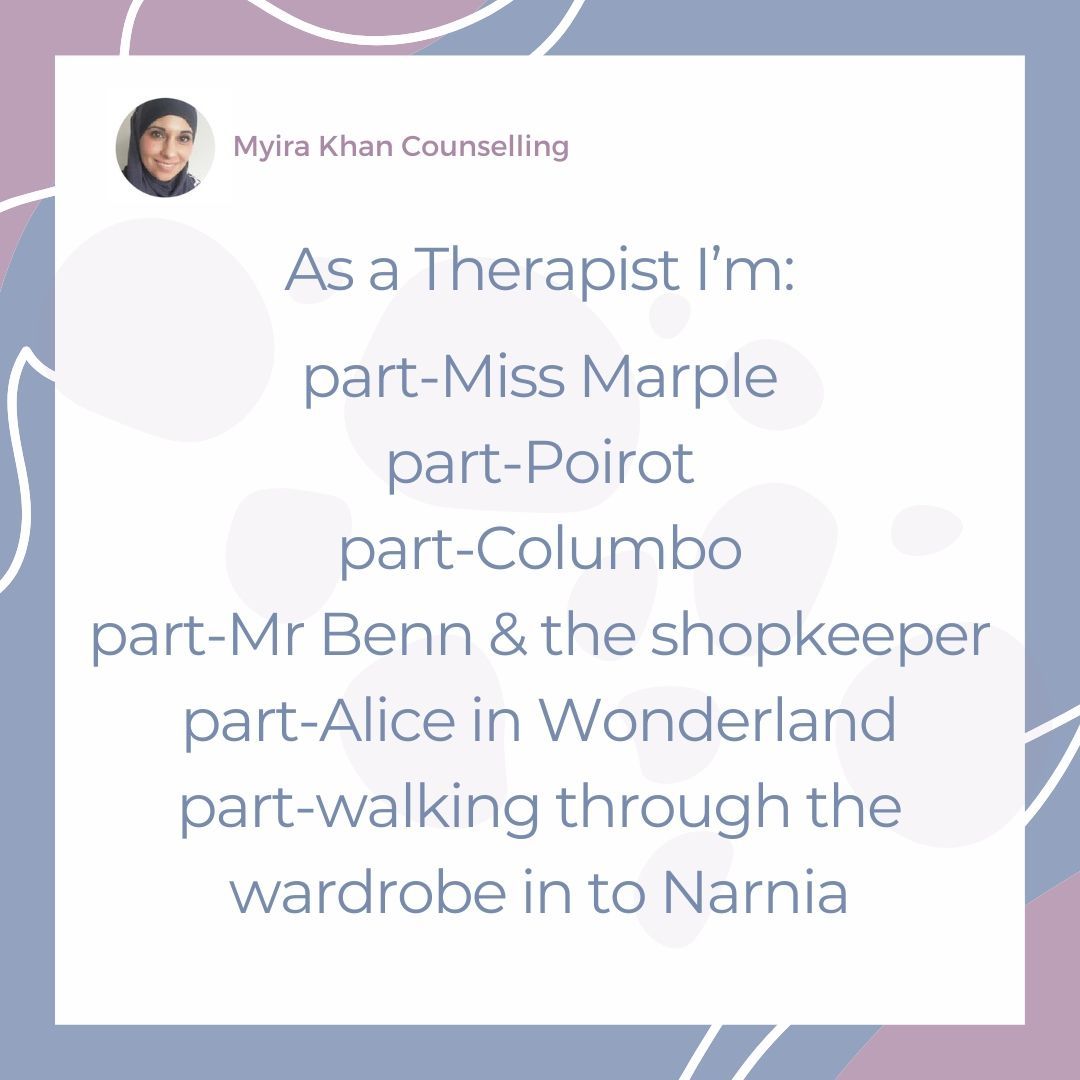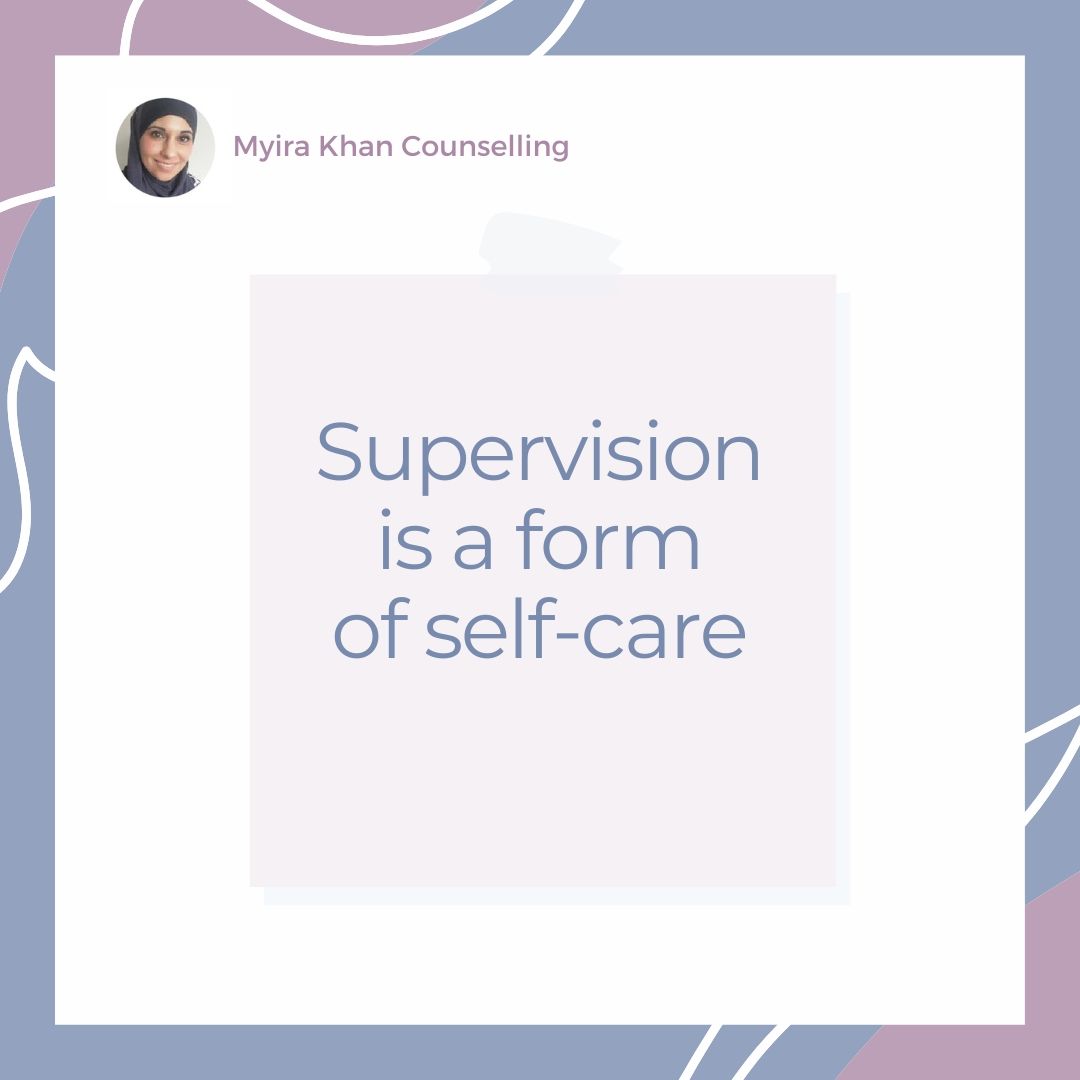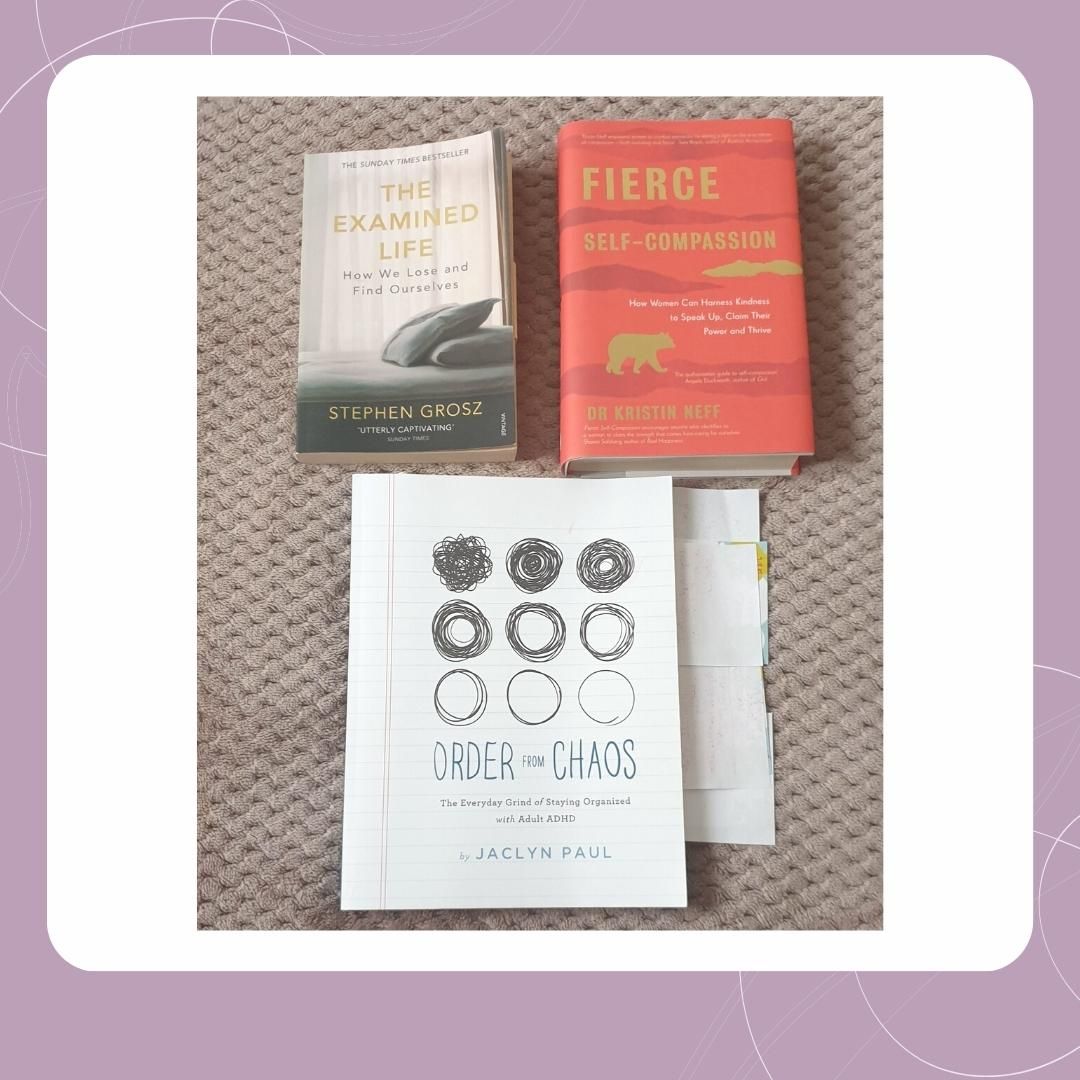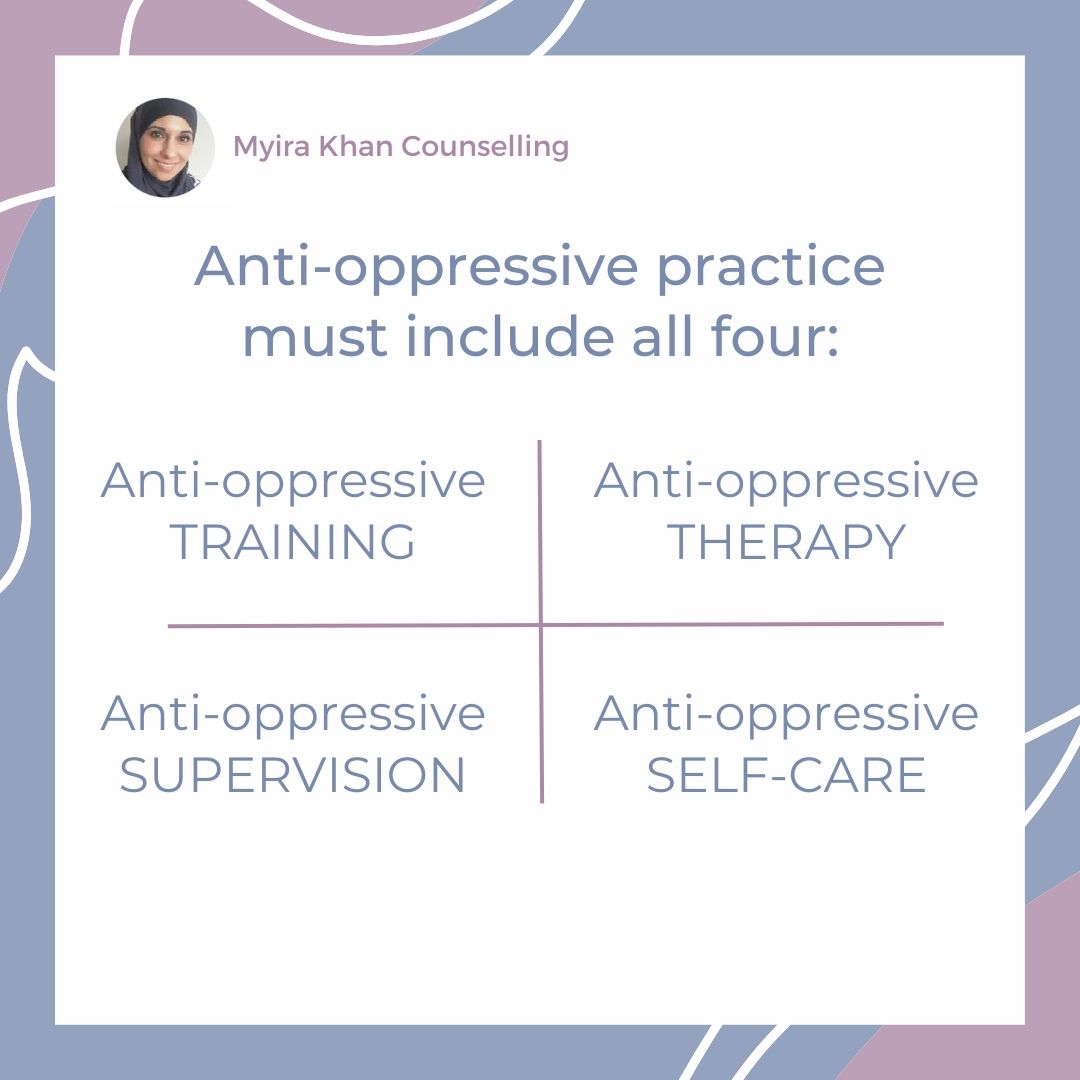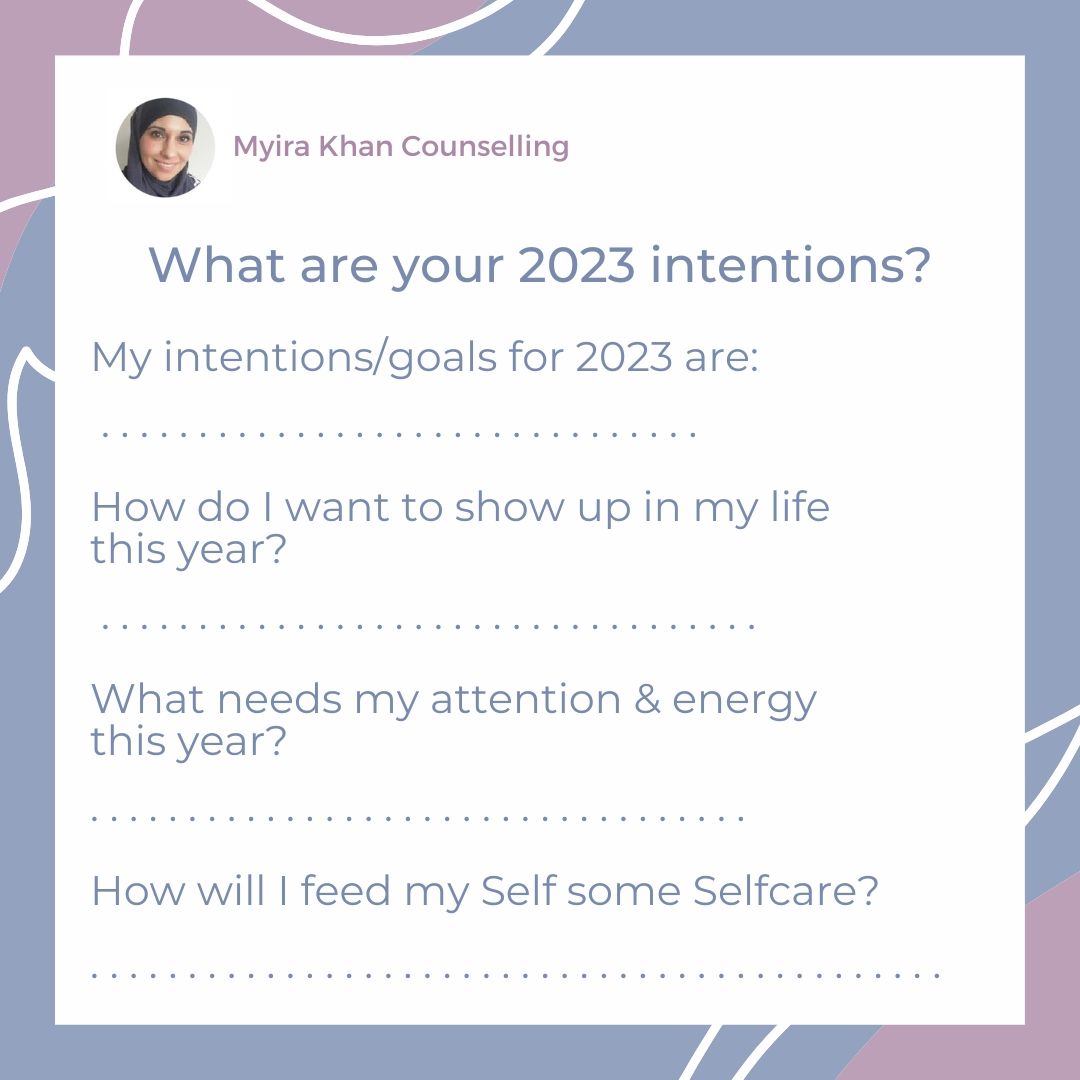Avoidant Attachment in Adult Relationships
How our attachment pattern, created in childhood, shows up in our adult relationships.

Attachment refers to the particular way in which you relate to other people.
It is the way in which we perceive and respond to intimacy in a relationship.
Your style of attachment and attachment pattern was formed during the first two years of your life.
This pattern was created from the repeated experience of an attachment and relationship style your mother or primary care-giver gave you during those first 2 years of life.
What that experience of relating was and how emotionally available, predictable and consistent your mother / primary caregiver was or was not, results in a relationship and attachment pattern being established, experienced and internalised by the infant. This becomes the attachment pattern and relationship blueprint repeated in subsequent relationships.
Once established, it is a style that stays with you and plays out today in how you relate in intimate relationships and in how you parent your children.
Understanding your style of attachment is helpful because it offers you insight into how you felt and developed your understanding of relationships in your childhood and how these unconscious relationship and attachment patterns play out now in your adult relationships, particularly in your intimate partner relationships.
The Avoidant Attachment pattern is created from a relationship where:
• The caregiver is emotionally unavailable, insensitive to and unaware of the needs of the infant
• There is little or no response from the caregiver when the infant is hurting or distressed
• The caregiver discourages crying and encourages independence in the infant
• The infant becomes a “little adult”, taking care of themsleves, pulls away from needing anything from anyone and are self-contained.
In adulthood an Avoidant Attachment pattern is repeated in current adult and partner relationships.
This shows up as an Adult who:
- Equates intimacy with a loss of independence
- Has a dismissive attachment pattern
- Avoids closeness & intimacy
- Tends to be loners
- Regards relationships & emotions as relatively unimportant
- Represses their feelings
- Responds to conflict by avoiding them & distancing self
- Is inward and isolated, emotionally removed
Relationship and Attachment patterns is also the theme for our upcoming Grow To Glow June Book Group on Thursday 25th June at 6pm. To register for the Book Group, please email myira@myirakhancounselling.co.uk to reserve your place.
#relationships #attachment #attachmentpatterns #attachmenttheory #childhood #emotions #emotionalavailability #relationshipcoaching #marriage #partnership #intimacy #avoiance #anxiousattachment #avoidantattachment
Follow Grow To Glow on Twitter @growtoglow_flow and on Instagram @growtoglow.flow

